
BEIJING, Feb. 15 (Xinhua) -- During China's Lunar New Year holiday, high-end stores in Europe were jammed with Chinese shoppers snapping up items at lower prices than back home.
Policy makers in China have reacted slowly to the growing spending power of Chinese consumers. Media reports estimate that Chinese spent 85 billion U.S. dollars overseas in 2012, with a notable portion going toward top-notch goods such as watches, handbags, jewelry and clothing.
However, the growth rate of China's luxury goods market fell from 30 percent in 2011 to just 7 percent in 2012, according to estimates from Bain Capital, one of the world's leading private, alternative asset management firms, which also estimates that Chinese consumer spending overseas increased 31 percent in the same period.
Chinese consumers' spending on luxury goods will continue to rise, even if it's not at home, according to consultancy McKinsey. China will account for one-third of the 175 billion-U.S. dollar global luxury goods market by 2015, up from 27 percent of the 145 billion-U.S. dollar market in 2012, it said in a report released in December.
These are numbers no government can afford to neglect. Retail outlets around the world, including department stores in Bangkok and duty-free shops in the Vancouver airport, are hiring more Chinese-speaking salespeople and translating promotional signs into Chinese.
However, in China, no decision has been reached on how to keep shoppers from leaving.
China imposes as much as a 60-percent tax on high-end items. Many believe such taxes have made high-end items too expensive and driven buyers flush with cash away from China's department stores.
 |
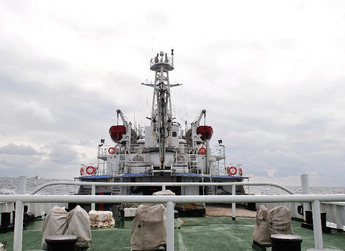
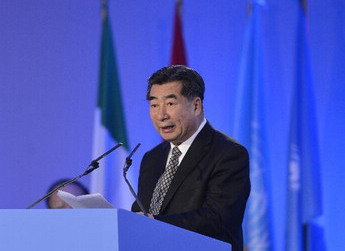

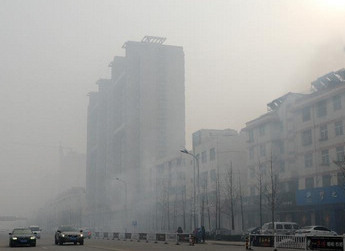
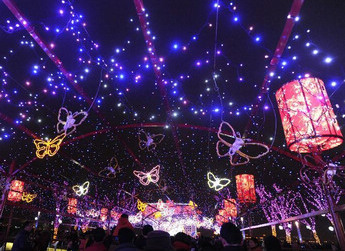

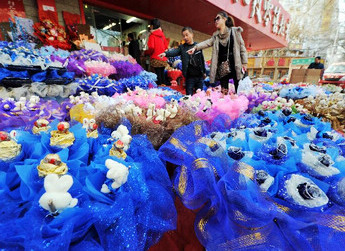

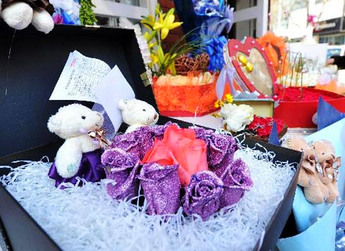
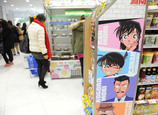






 Young Spanish scientist has a career 'made in China'
Young Spanish scientist has a career 'made in China'


![]()
